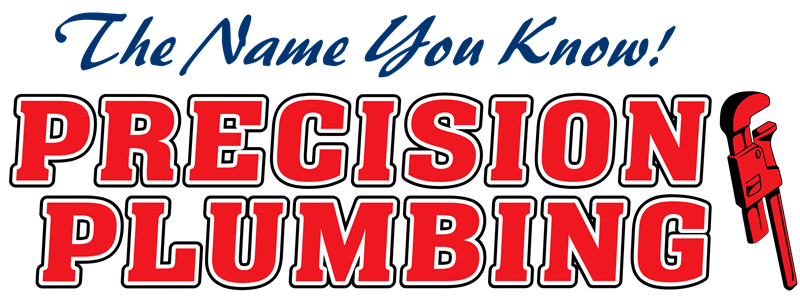Call Us today: 702-253-6363

We are following the latest COVID-19 CDC Protocols to provide the highest level of protection and safety to our customers. Our techs are routinely monitored for any signs of COVID-19, including regular temperature checks, and will all practice the following precautions:
Your Safety - And the Safety of Our Employees - Is Our Highest Priority!
- Precision Plumbing
